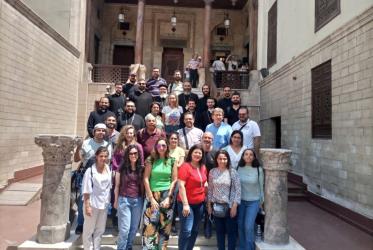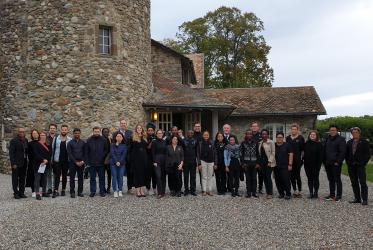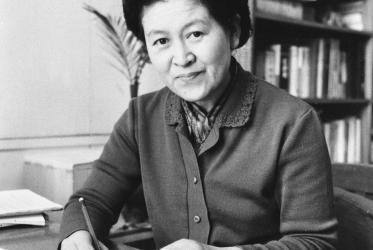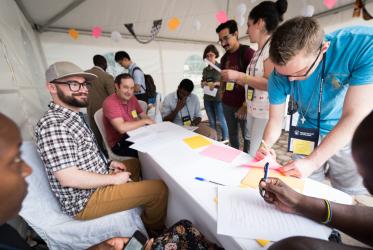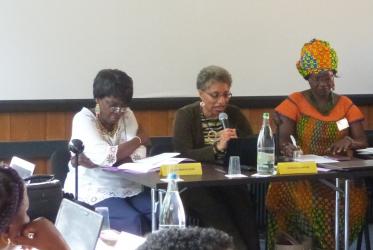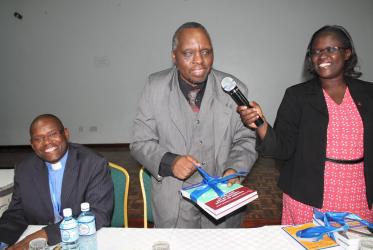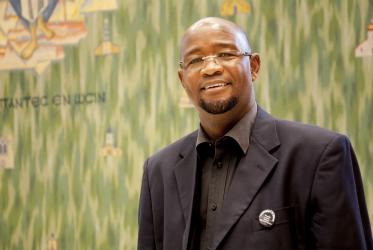Displaying 1 - 20 of 50
Pandemic and pedagogy: what are the valuable lessons?
21 December 2022
Theological education in Africa promotes social transformation
03 November 2022
Bossey students mark Thursdays in Black with Swedish visitors
10 October 2019
WCC celebrates life of Katie Cannon
16 August 2018
A tribute to former WCC president for the Asia-Pacific
27 April 2018
‘Sokoni’ transforms marketplace into mission
13 March 2018
"We have our work cut out for us"
10 August 2017
A safe space for sinners to change and for pain to be shared
03 August 2017
"Church has huge responsibility empowering women"
26 July 2017
New theological materials offer fresh perspective on disabilities
08 December 2016
WCC conference explores ecological injustice in Uganda
21 April 2016
Basel University honors Ghanian Methodist theologian
09 December 2015
Churches need to do more to tackle HIV and AIDS
23 June 2015
Ecumenical workshop in Cuba promotes life-affirming epistemologies
23 February 2015

